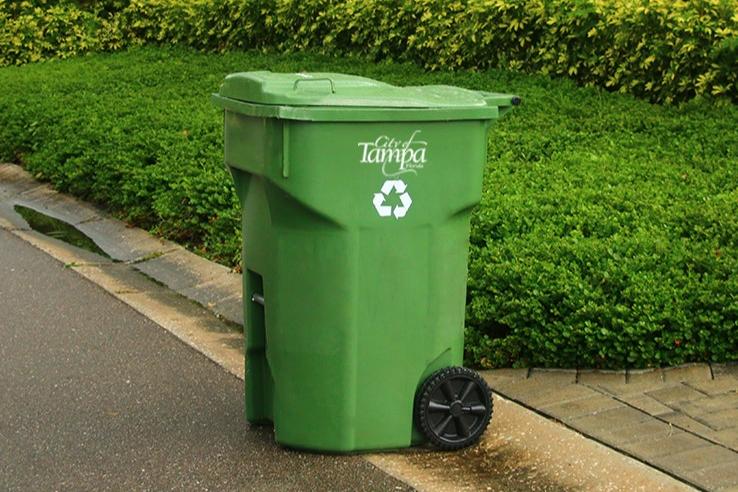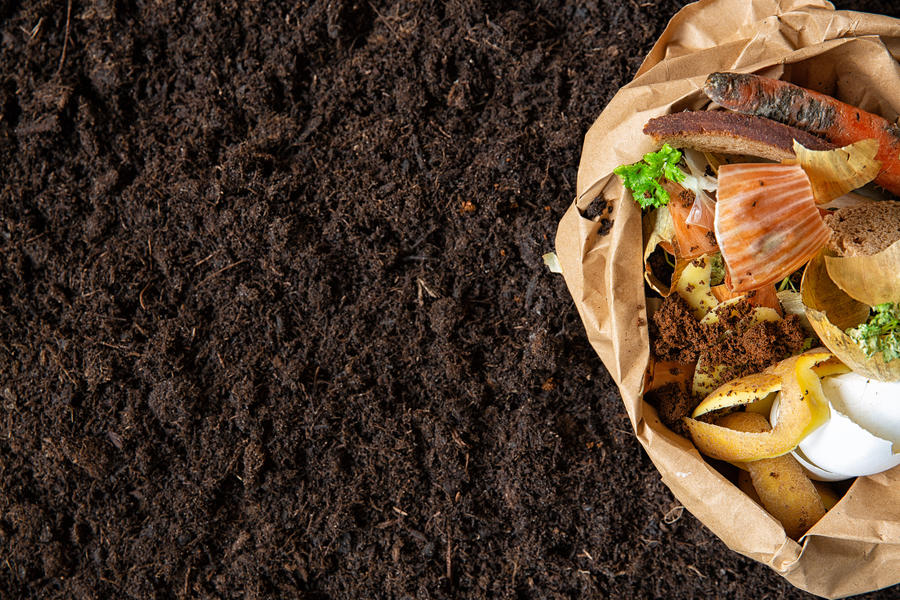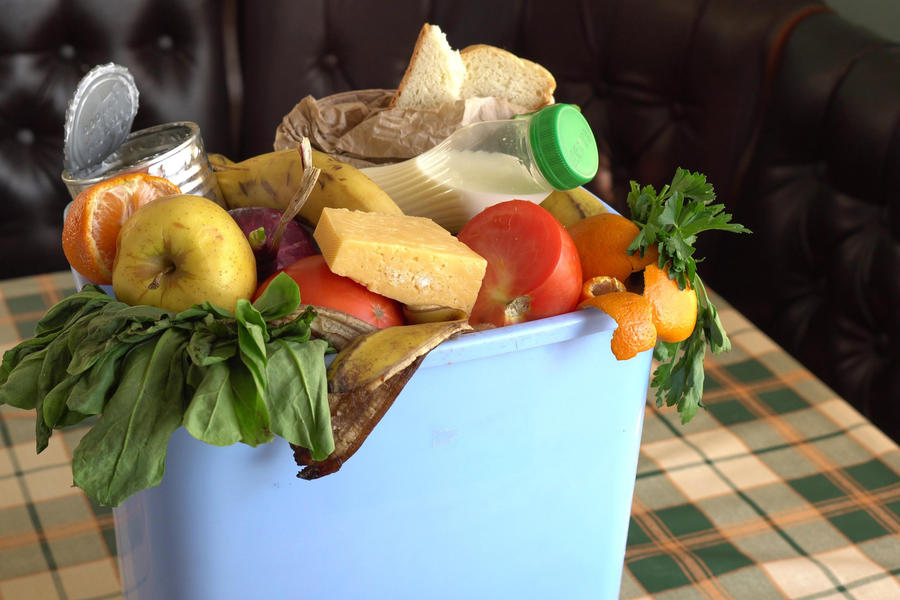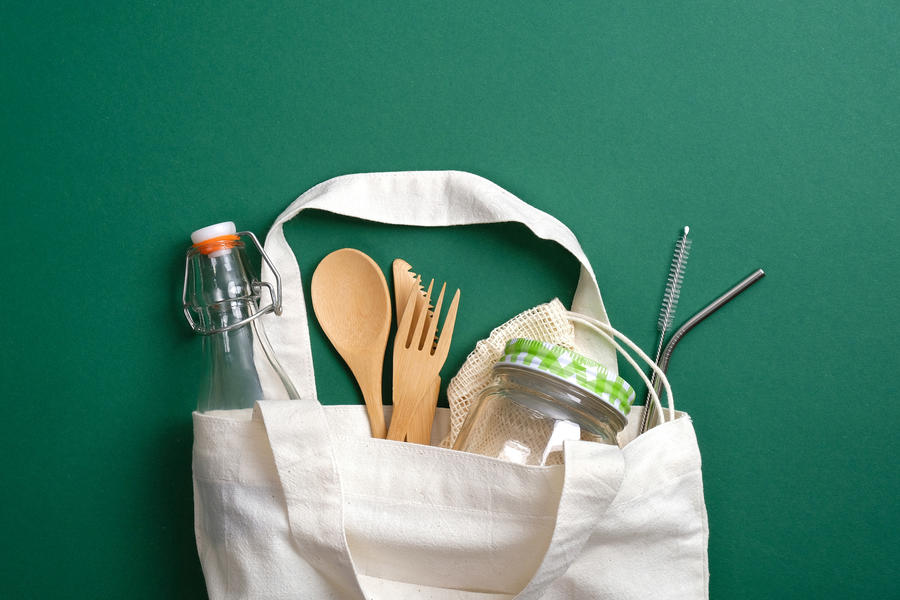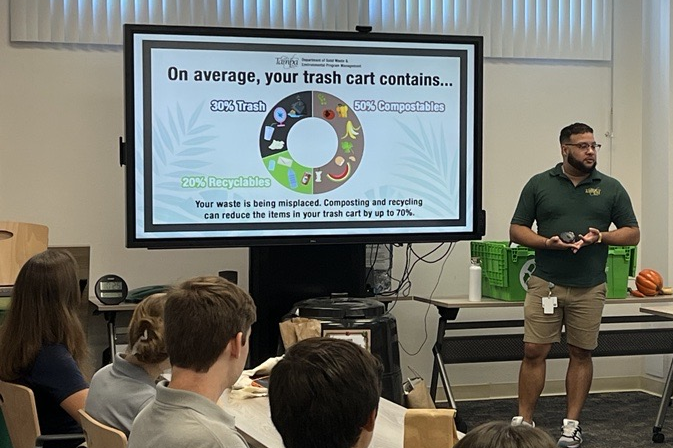The best way to reduce environmental impacts when it comes to waste is to prevent making it in the first place. Practicing waste reduction leads us to divert less materials to regular disposal methods like waste-to-energy or landfills. Not only does it lead to less items going to disposal but it also reduces litter, saves resources, and saves money. This will require some new habits of refusing disposable items, repairing what can be fixed, and reducing our food waste.
We don't need a handful of people doing zero waste perfectly. We need millions of people doing it imperfectly.¶

Tips to Reduce Your Waste¶
Remember, you don't have to do it perfectly but rather just give it a try!
- Go paperless by having your bills and receipts emailed to you.
- Use digital publication subscriptions.
- Buy items in bulk and with less packaging.
- Buy items with recycled content to reduce the need for raw materials.
- Eliminate the use of single-use items such as disposable napkins, plates, cutlery, straws, or cups.
- Keep your reusable bottles clean and ready to take on the go.
- Use towels and rags instead of disposable paper products.
- Use rechargeable batteries instead of disposable single-use batteries.
- Borrow, rent, or share items that you use infrequently like power tools.
- Eliminate unwanted junk mail by submitting an opt-out request.
- Consider alternative cleaning products and adopt housecleaning practices that reduce the number of cleaning products needed for cleaning at home.
- Share documents electronically instead of printing.
- If necessary, print and copy double-sided.
- Reuse single-sided print-outs, envelopes, and other paper products as scrap paper.
- Scan incoming documents and store them electronically rather than in filing cabinets.
- Implement all forms to be digitally accessible, such as timesheets, purchase approvals, etc.
- Print brochures or other literature in smaller quantities instead of stockpiling thousands that may become outdated.
- Save web pages or e-mails and avoid printing them.
- Consolidate trash bins to reduce the amount of liners/bags used.
- Contract a recycling company and start recycling in the office.
- Look into composting options at work.
- Opt out of the disposable bags and bring your own. The best reusable bags are the ones you already own!
- Choose e-mailed receipts instead of printed ones when possible.
- Avoid bagging your produce in the provided plastic bags at the grocery store; instead, bring your own reusable produce bags.
- Buy loose products instead of pre-packaged or single serve sliced produce.
- Buy in bulk and avoid single-portion packaging to avoid excess waste. If you're portioning out for meal prep and convenience, use containers you may already have if you're looking to reduce your waste.
- Find bulk stores that let you bring your own containers for food, hygiene, and cleaning products. This will save you money and minimize your packaging waste.
- There are three basic rules when choosing items:
- Buy recycled
- Buy reduced packaging
- Buy items actually accepted in local recycling programs.
- When ordering a drink, say "no straw, please." If you carry your own, make sure to keep it clean.
- For take-out that you're bringing home, ask for no utensils or napkins.
- Practice taking a container for leftovers. Yes, it may be new and different but it's much better than the single use to-go boxes.
- Sauce on the side usually means sauce in a small container; ask for sauce on top if you want to eliminate that waste.
- Need sauces? Take only what you need. Extra packets can lead to food waste on top of material waste.
- The same applies to napkins: wads can be wasteful so grab a couple and then see if you need more.
- The best parts of parties and get-togethers are the people, music, and experiences. So, dismiss the disposables if you can: cups, napkins, straws, plates, party novelty gifts, and favors.
- Ask your guests to BYOC! (Bring Your Own Cup).
- Invest in decorations that can withstand the test of time and you can reuse.
- Opt-out from balloons or other decorations that can lead to additional single-use waste.
- Let your guests know where the recycling bin is and what steps to take to make sure they don't mess up your hard work.
- If you're buying beverages in containers, choose ones that are accepted for recycling locally.
- Fall in love with your leftovers!
- Cook only what is needed for that meal or meal prep efficiently.
- Audit what you throw away and why.
- Buy smaller quantities, if appropriate, to avoid spoilage and waste.
- What's in your fridge? Check your fridge in detail and avoid pushing items to the back and placing them out of sight.
- Be prepared by making a list and don't shop hungry.
- Learn about the importance of food labels: Best By vs. Sell By Dates.
- Compost!

